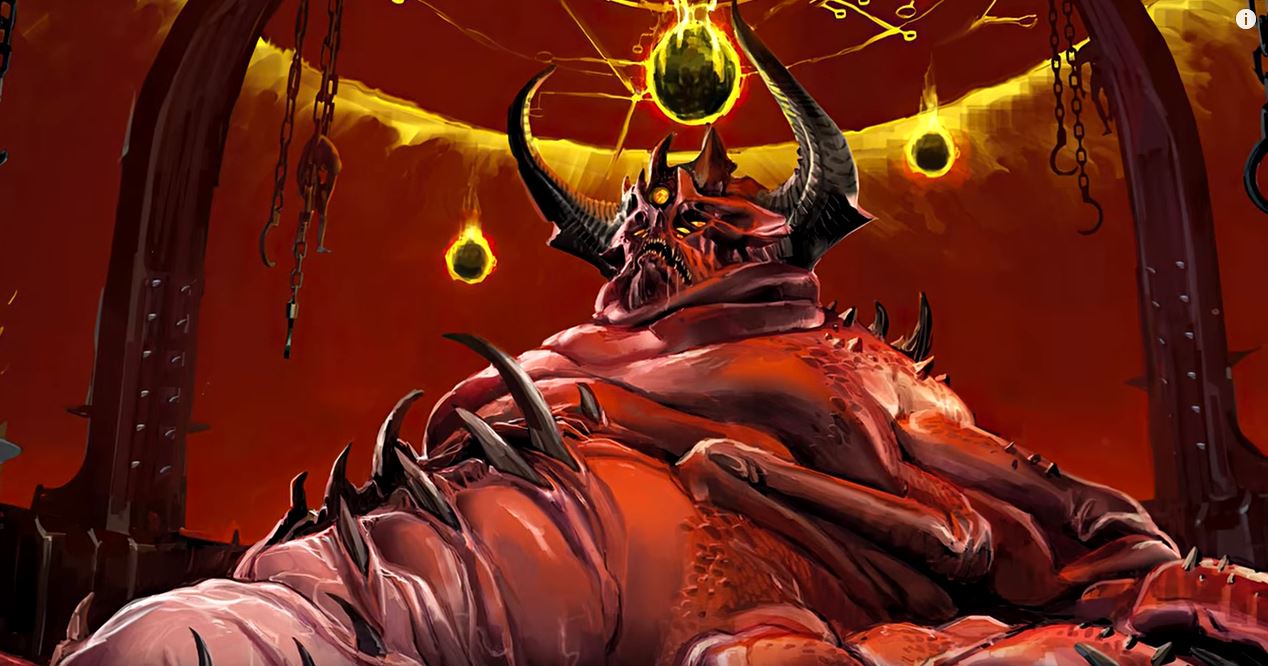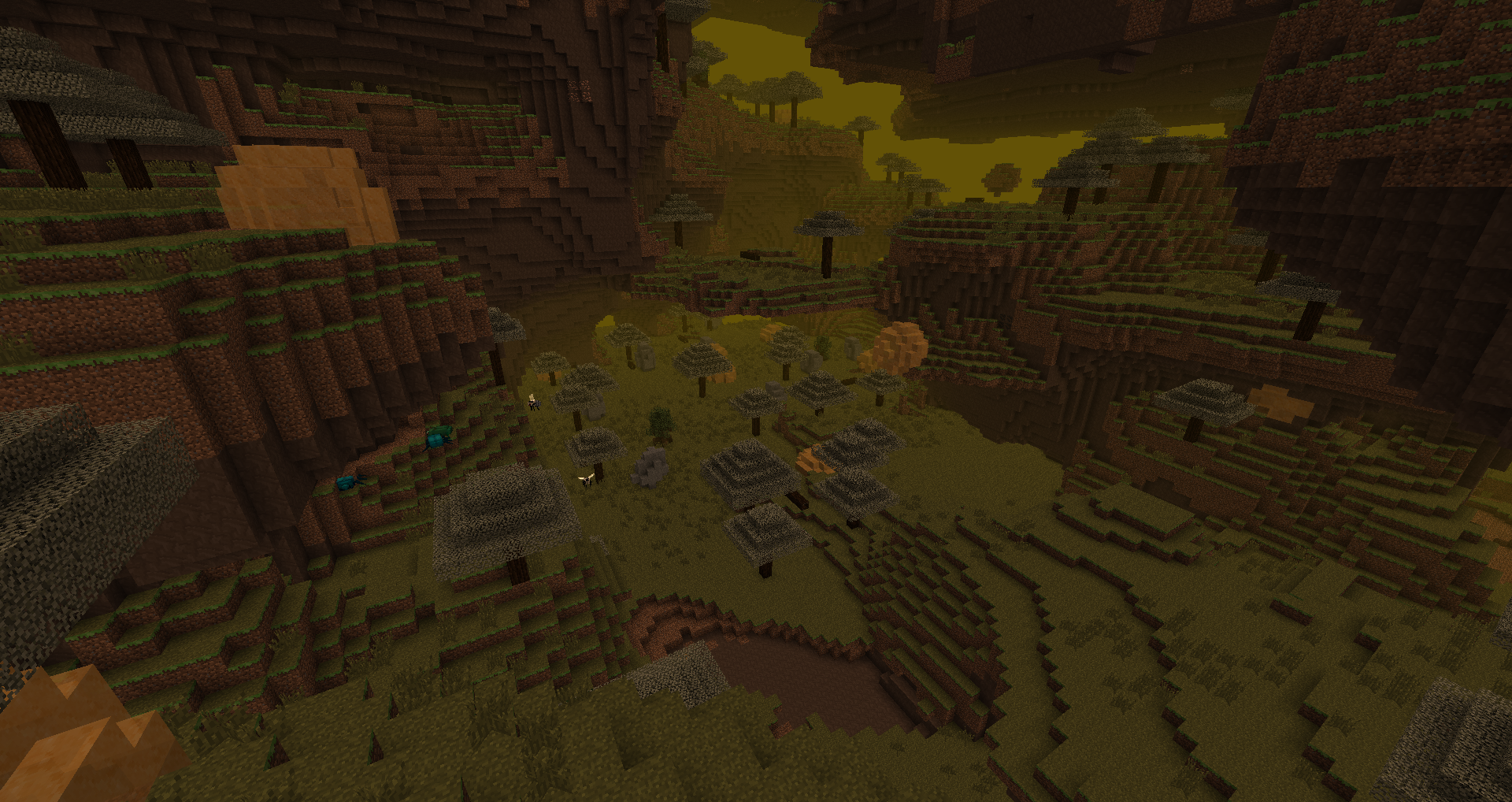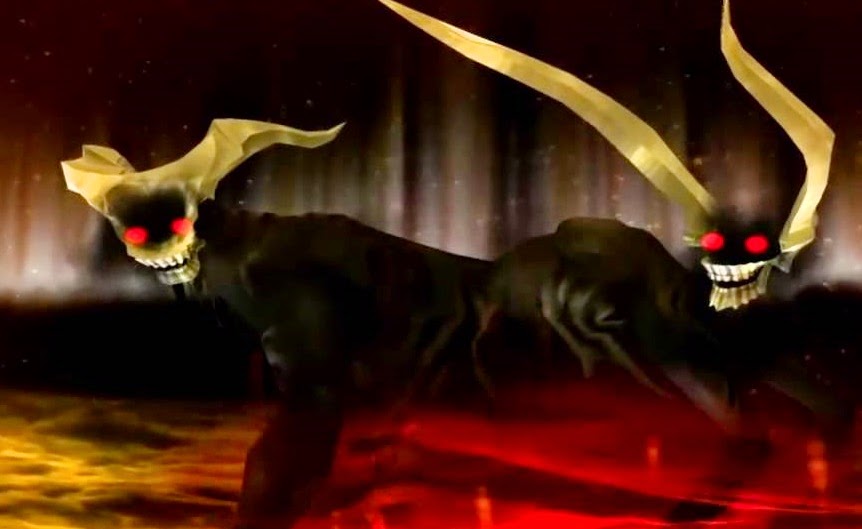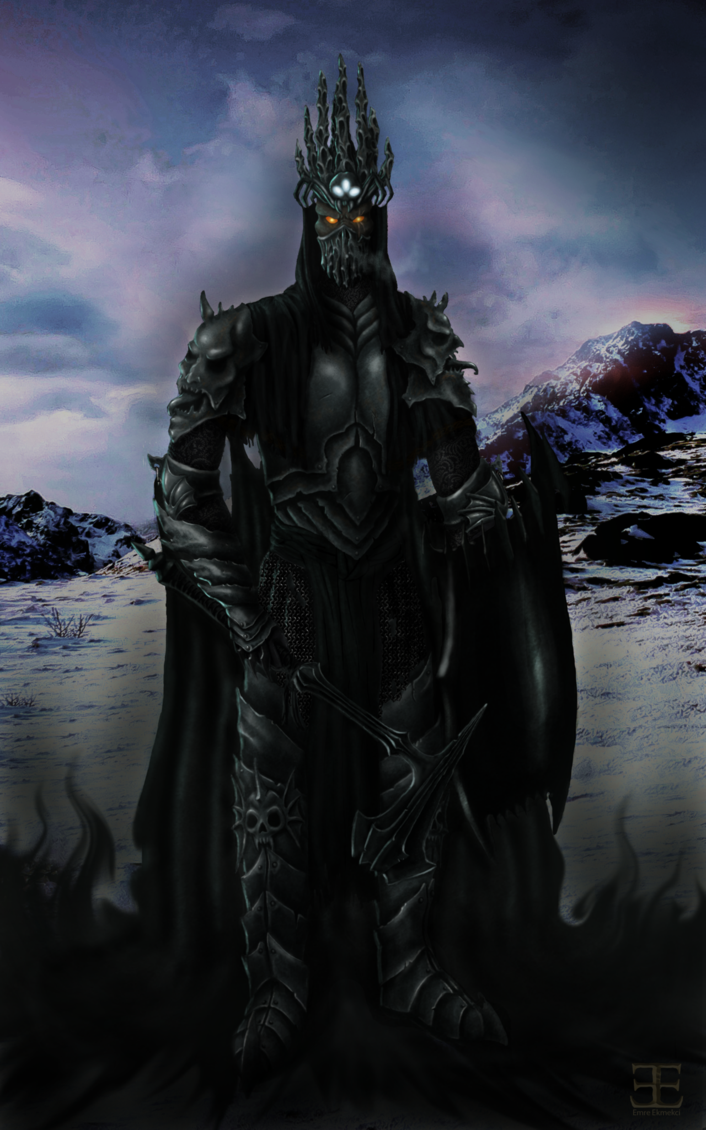


Aristophanes, Birds in The Complete Greek Drama, vol.
#THE EREBUS WIKI FREE#
Look up Erebus in Wiktionary, the free dictionary. The Sources of Spenser's Classical Mythology. Similarly, in Quintus Smyrnaeus, Fall of Troy, 12.18–19: "When rose the dawn ( Eos), and thrust back kindly night ( Nyx) o Erebus.". (See also in the " Homeric Hymn" to Demeter (2), 335–339, 347–349.) In Ovid's Metamorphoses, Proserpina is called the "queen of Erebus" ( 5.572–573), the underworld deities are called the "gods of Erebus" ( 10.74), and Circe "invoke the aid of Night ( Nyx) and all the gods of Night from Erebus and Chaos" ( 14.394–396). 24, the word was used "quite often from the time of Homer onwards as a poetic name for the Underworld in its nature as a realm of gloom". ^ For example, later in the Theogony, the word "Erebus" is used to refer to the place below the earth to which Menoetius is sent by Zeus, and from which the Hecatoncheires are brought.^ Hyginus, Fabulae Theogony 1 (Smith and Trzaskoma, p.Liddell, Henry George Scott, Robert A Greek–English Lexicon at the Perseus Project. Mount Erebus, the second-highest volcano in Antarctica, was named after HMS Erebus used by Sir James Clark Ross on his Antarctic expedition in 1841, later used in the ill-fated Franklin Expedition. Namesake įive ships of the Royal Navy have been named HMS Erebus after Erebus. Though he plays no active role as a deity in later works, "Erebus" is used as a name for a region of the Greek underworld where the dead pass immediately after dying, and is sometimes used interchangeably with Tartarus.

Įrebus functions as the unanthropomorphized personification of darkness in the Theogony, and features little in Greek mythological tradition and literature. Nyx "laid a germless egg in the bosom of the infinite deeps of Erebus", from which came Eros. In Aristophanes' comedy The Birds, Chaos, Erebus, Nyx and Tartarus were the first beings, before the existence of earth, air or heaven. 7th century BCE) apparently makes Erebus the fourth being to come into existence, after Thetis, Poros and Tekmor. In Cicero's De Natura Deorum, the following are "fabled" to be the children of Erebus and Nox (Night): Aether, Dies (Day), Amor (Love), Dolus (Guile), Metus (Fear), Labor (Toil), Invidentia (Envy), Fatum (Fate), Senectus (Old Age), Mors (Death), Tenebrae (Darkness), Miseria (Misery), Querella (Lamentation), Gratia (Favour), Fraus (Fraud), Pertinacia (Obstinacy), the Parcae (the Fates), the Hesperides and the Somnia (Dreams). Īccording to the Fabulae of Hyginus, Erebus, Nox (Night), Aether (Brightness) and Dies (Day) are the offspring of Chaos and Caligine (Mist) and Erebus, by Nox, is the father of Fate, Old age, Death, Destruction, Strife, Sleep, Dreams, Thoughtfulness, Hedymeles, Porphyrion, Epaphus, Discord, Misery, Petulance, Nemesis, Cheerfulness, Friendship, Pity, Styx, the Parcae ( Clotho, Lachesis, and Atropos), and the Hesperides (Aegle, Hesperia, and Erythea).

The Greek oral poet Hesiod's Theogony (8th century BCE) portrays Erebus as the offspring of Chaos, and as the brother of Nyx (Night), by whom he is the father of Aether (Brightness) and Hemera (Day). Sanskrit rájas, Gothic riqis, Old Norse røkkr). The name Ἔρεβος itself originates from Proto-Indo-European *h₁regʷ-es/os- "darkness" (cf. The perceived meaning of Erebus is "darkness" the first recorded instance of it was "place of darkness between earth and Hades". Hesiod's Theogony identifies him as one of the first five beings in existence, born of Chaos. In Greek mythology and Roman mythology, Erebus ( / ˈ ɛr ɪ b ə s/ Ancient Greek: Ἔρεβος, romanized: Érebos, "deep darkness, shadow"), or Erebos, is the personification of darkness and one of the primordial deities.


 0 kommentar(er)
0 kommentar(er)
